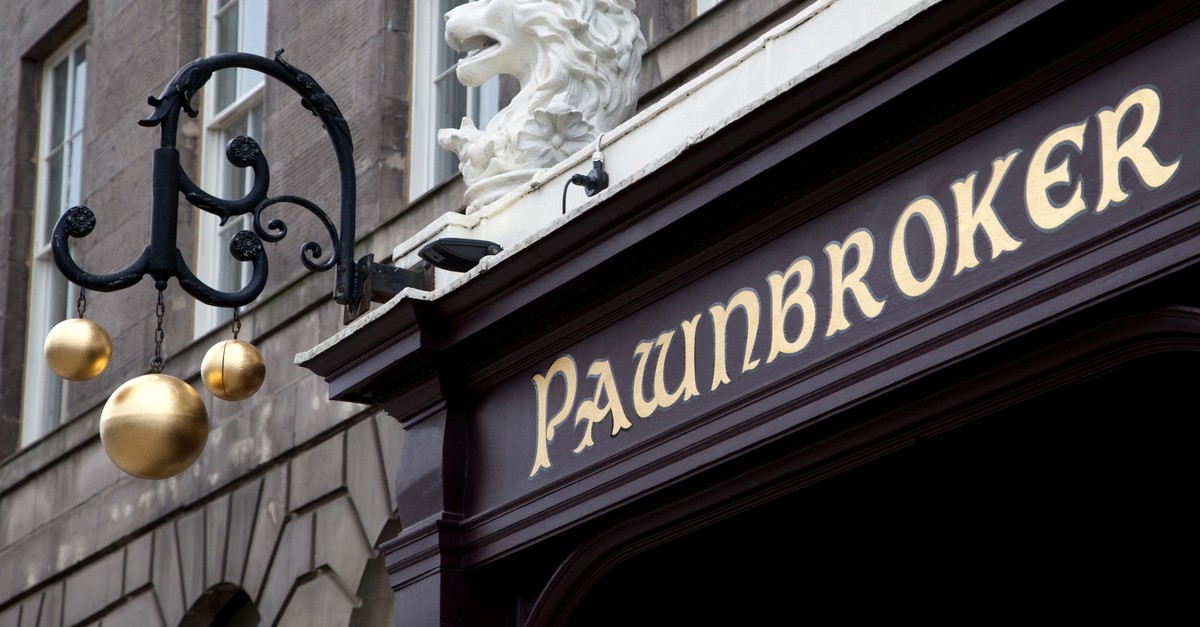
Wed, May 30, 2018 12:49 AM
According to the National Pawnbrokers Association there are now 800 pawnbrokers in the UK alone, with new outlets growing at a rate of 10% a year.
You might recognise some of them - such as Cash Generators, The Money Shop and Cash Converters - from stores you see on the high street.
Pawn broking basically works like this:
You go to a pawn broker for a loan but will have to leave something valuable, the ‘pawn’, as security. You’ll have to sign a credit agreement and the pawnbroker will also give you a pawn receipt which you keep to prove you own the item. Because the pawn broker has something of yours as security it doesn’t need to do any credit checks.
You pay interest on the loan which is much more than borrowing money from a bank or building society. There is also the risk of losing the property if the loan cannot be repaid. Once this is done your valuables are returned.
If the loan is not repaid after a pre-determined period of time and there is no re-negotiation with the pawn broker your item can be sold to recover the cash.
Pawn broking is regulated under the 1974 Consumer Credit Act and there are strict measures in place to ensure goods can't be sold off before customers have had a chance to repay the loan.
Traditionally pawn brokers have targeted people with a poor credit rating or without a bank account, who find it difficult or impossible to borrow money elsewhere. However in times of recession it’s becoming more popular with more people as banks and other lenders get more picky about who they lend to.
'Pros' of pawn broking
Supporters of pawning argue that the interest rate isn’t that relevant as it’s supposed to be for people who can pay the money back pretty soon, usually between one and six months. However, the interest rates are so high, that even after three months, you could end up paying a sizeablee sum in interest.
Speed is another factor as there are no long forms to fill in and money will be available on the same day. There are also no credit checks to do and if you’re late repaying the loan it won’t affect your credit score although you could lose the item you left as security.
Disadvantages of pawn broking
The most negative thing about pawn broking is the very high interest rate. If you take a long time to pay the loan back, the interest paid will make it a very expensive way to borrow. One online pawnbroker charges an APR of 84% for some loans! Others charge much more.
It would be better to obtain a personal loan or credit card instead. Even if you borrow for just three months from a pawnbroker, you'd end up paying 19% interest if the monthly rate was 6%.
If a weak credit rating means you can’t get a mass-market card or loan, there are ‘low credit score’ credit cards where you’ll pay a 30% + interest rate. That’s still very high, but better than the pawn broker.
Another important point to consider is that if you can’t manage to repay the loan you stand to lose the item you left as security so think carefully about how much the items mean to you before handing them over.
Also you won’t be able to borrow up to the full value of the item you leave. So if your item is worth £100, you might only be able to borrow £50, or less.
There's almost certainly a better answer than the pawnbroker!





